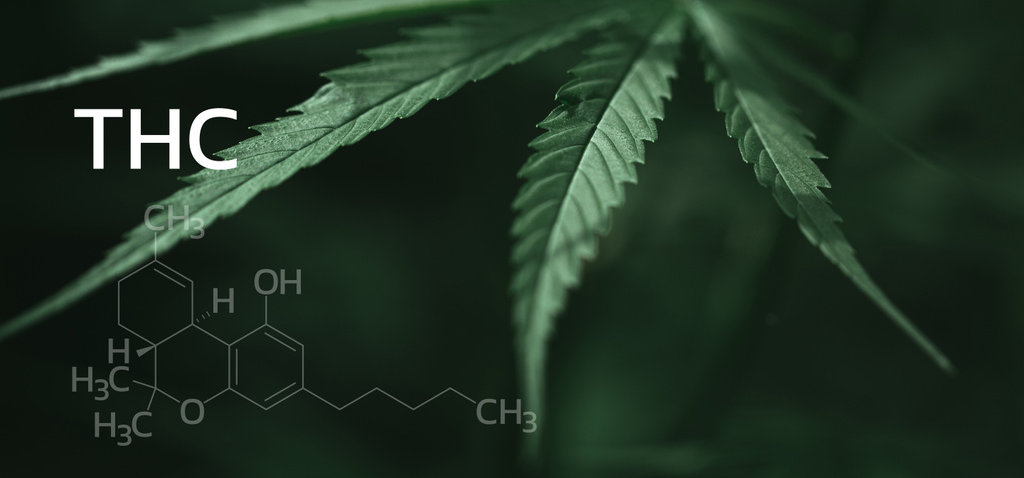According to researchers at the University of Bonn and the Hebrew University of Jerusalem, the long-term, low-dose administration of tetrahydrocannabinol (THC) can reverse aging processes in the brain and may have broader anti-aging effects.

The study, recently published in the journal ACS Pharmacology & Translational Science, sheds light on the complex role of the protein switch mTOR (Mechanistic Target of Rapamycin) in aging and cognitive decline.
The research team, led by Prof. Dr. Andreas Zimmer, Director of the Institute of Molecular Psychiatry at the University Hospital Bonn, discovered that the mTOR protein is crucial in regulating metabolism and cognitive performance across the body. As a central hub for cell growth and metabolism, mTOR’s activity is highly responsive to intracellular energy levels. In higher organisms, mTOR activity significantly influences aging by regulating cellular metabolism.
While a reduction in mTOR activity—achievable through a low-calorie diet, physical exercise, or pharmacological intervention—generally has anti-aging effects, it can also negatively impact the brain. Reduced mTOR activity in the brain is linked to decreased synaptogenesis, the process of forming new synapses between neurons, which can lead to cognitive decline.
“Anti-aging strategies based on reducing mTOR activity might not only be ineffective but could even be counterproductive when it comes to brain aging,” said Prof. Zimmer. “In our current work, we have now found a strategy to solve this dilemma.”
The study revealed that long-term, low-dose THC administration in mice induced a transient increase in mTOR activity in the brain, which was followed by an increase in the synthesis of synaptic proteins. This sequence restored cognitive abilities and synapse densities in the aging brains of the test subjects. Interestingly, the study also noted that THC reduced mTOR activity in adipose tissue and altered metabolic processes in a manner similar to the effects of a low-calorie diet, suggesting a tissue-dependent dual effect.
The study’s full abstract can be found below:
Brain aging is associated with cognitive decline, reduced synaptic plasticity, and altered metabolism. The activity of mechanistic target of rapamycin (mTOR) has a major impact on aging by regulating cellular metabolism. Although reduced mTOR signaling has a general antiaging effect, it can negatively affect the aging brain by reducing synaptogenesis and thus cognitive functions. Increased mTOR activity facilitates aging and is responsible for the amnestic effect of the cannabinoid receptor 1 agonist Δ9-tetrahydrocannabinol (THC) in higher doses. Long-term low-dose Δ9-THC had an antiaging effect on the brain by restoring cognitive abilities and synapse densities in old mice. Whether changes in mTOR signaling and metabolome are associated with its positive effects on the aging brain is an open question. Here, we show that Δ9-THC treatment has a tissue-dependent and dual effect on mTOR signaling and the metabolome. In the brain, Δ9-THC treatment induced a transient increase in mTOR activity and in the levels of amino acids and metabolites involved in energy production, followed by an increased synthesis of synaptic proteins. Unexpectedly, we found a similar reduction in the mTOR activity in adipose tissue and in the level of amino acids and carbohydrate metabolites in blood plasma as in animals on a low-calorie diet. Thus, long-term Δ9-THC treatment first increases the level of energy and synaptic protein production in the brain, followed by a reduction in mTOR activity and metabolic processes in the periphery. Our study suggests that a dual effect on mTOR activity and the metabolome could be the basis for an effective antiaging and pro-cognitive medication.








